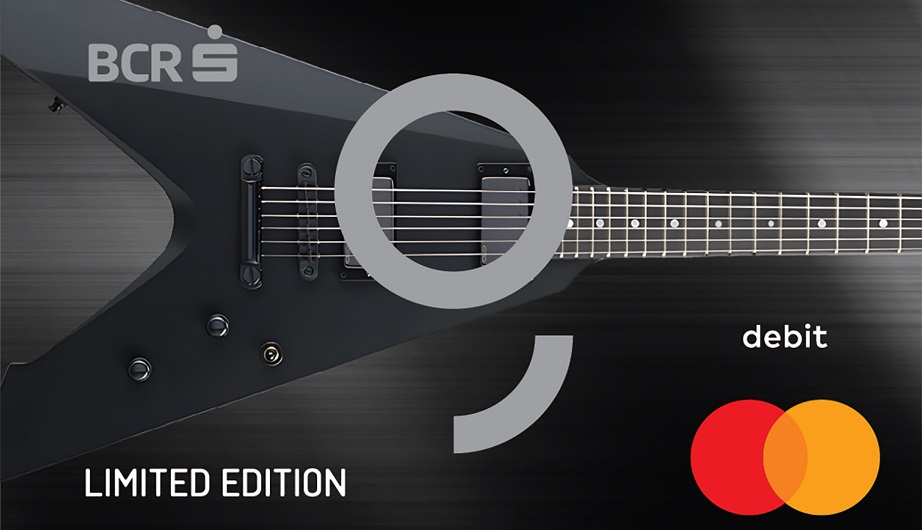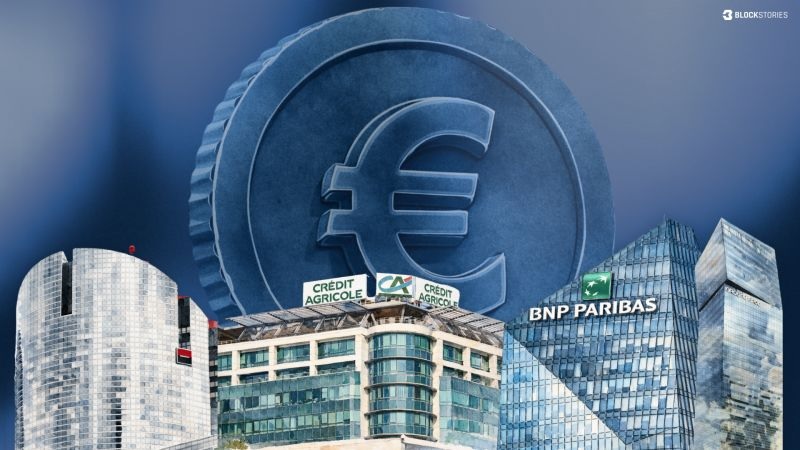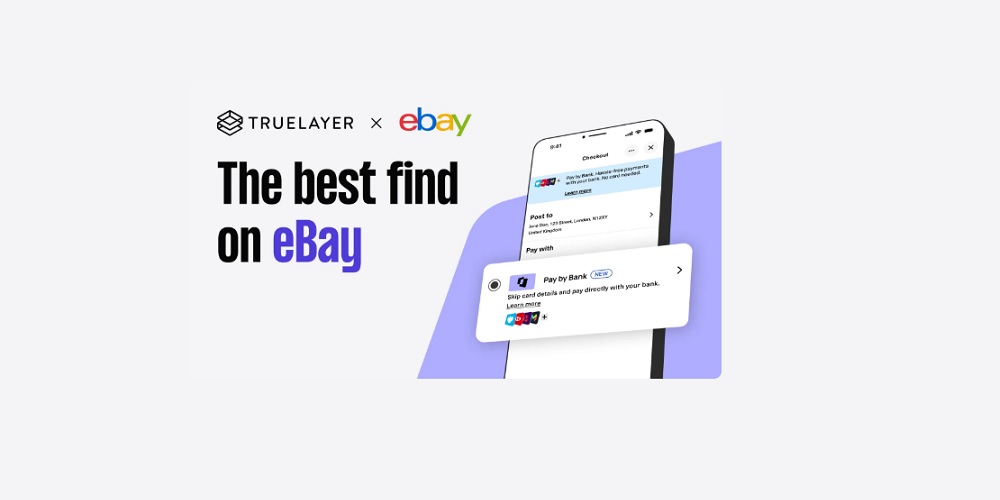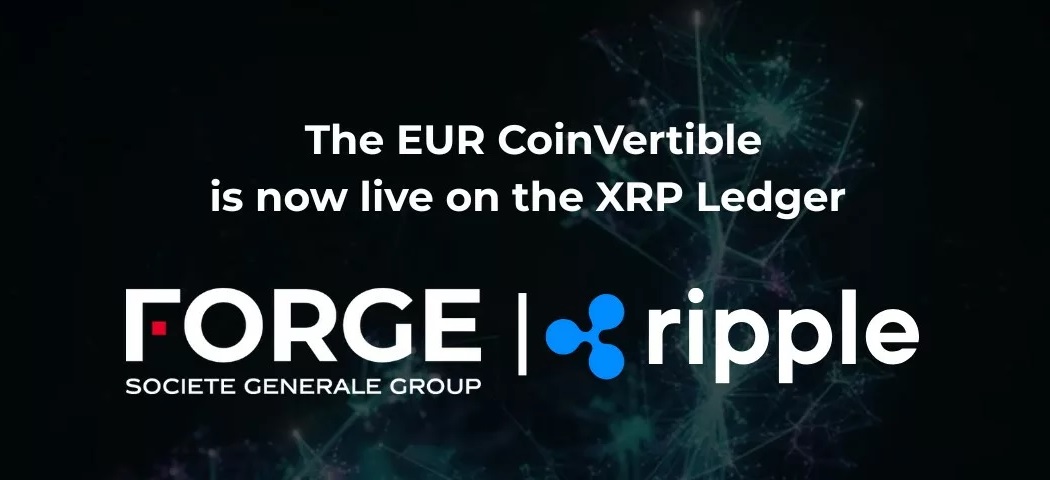London buses to go cashless this summer – contactless payment card is the cheapest option
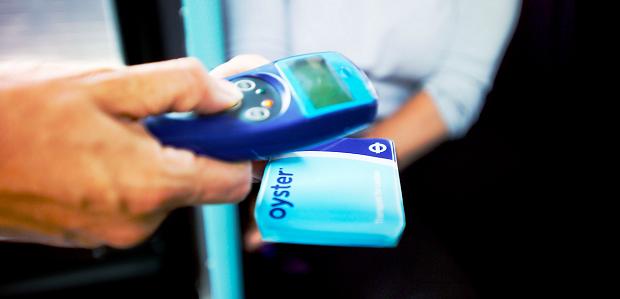
Transport for London (TfL) announced in a press release that it is to stop accepting cash fares on London buses from summer this year. With the acceptance of contactless payment cards to be extended to London Underground and London Rail services from later this year, the use of cash is expected to continue to fall.
Cash fares make up one per cent of bus journeys – down from around 25 per cent a decade ago. Since launching on the bus network in December 2012, over 8 million journeys have now been made using a contactless payment card.
„Paying with Oyster or a contactless payment card is not only the cheapest option, but also speeds up boarding times at bus stops and reduces delays.”, says Leon Daniels, Managing Director for TfL Surface Transport.
A recent public consultation, which sought customers’ views on proposals to withdraw cash fare payments, attracted over 37,000 responses. Around a third of respondents agreed with the proposal to remove cash fares. Around three quarters of responses to the consultation came from people who indicated that they do not themselves pay cash fares on the bus.
Leon Daniels addeds: „The decision to stop accepting cash fares on London buses reflects the changing way that people pay for goods and services in our city, including journeys on the bus network. We are introducing a range of measures, including a new ‘one more journey’ feature on Oyster cards, which will ensure that people can still make a journey and then top up their card when they don’t have the full fare.”
According to the company release, „it costs £24 million a year to accept cash on London’s buses and by removing this option we will generate significant savings which, like all of our income, will be reinvested in improvements to the transport network.”
Dariusz Mazurkiewicz – CEO at BLIK Polish Payment Standard
Banking 4.0 – „how was the experience for you”
„To be honest I think that Sinaia, your conference, is much better then Davos.”
Many more interesting quotes in the video below:
